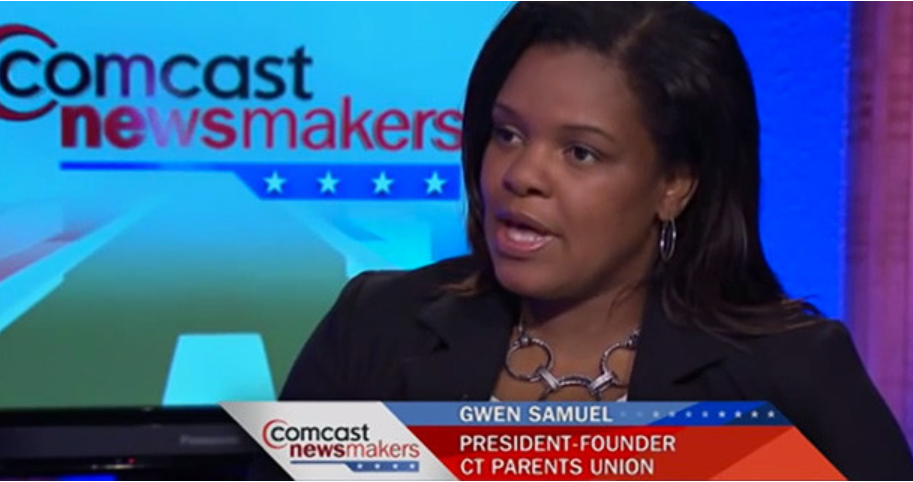Tag: Connecticut Parents Union

A parent’s perspective: Unwrapping the Senate HELP confirmation hearing of Miguel Cardona
Editor’s note: redefinED is pleased to introduce our newest guest blogger, Gwen Samuel, founder and president of the Connecticut Parents Union. Samuel will be a regular contributor to redefinED. February 3 was a very reflective day for this Black Connecticut mom. There were virtual celebrations across the country honoring past... READ MOREDear Dr. Cardona: An open letter from a Connecticut mom
Editor’s note: This commentary from Gwen Samuel, founder of the...
READ MOREOf love and responsibility for the child
The emerging parent union and trigger movements are directing our...
READ MOREAnother voice for a parents union
This week, RiShawn Biddle’s Dropout Nation features a plea from...
READ MORE

